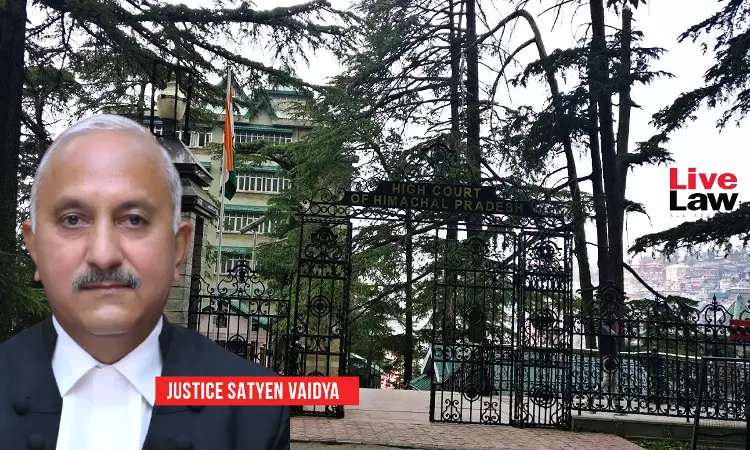Withdrawing Consent For Divorce U/S 13B Hindu Marriage Act Not Contemptuous: Himachal Pradesh High Court
Basit Amin Makhdoomi
7 Jun 2023 7:01 PM IST

Next Story
7 Jun 2023 7:01 PM IST
Dismissing a petition for invoking contempt proceedings against the Respondent-wife for violating terms of settlement with her husband, the Himachal Pradesh High Court has ruled that parties have an indefeasible and absolute right to withdraw their consent/petition for divorce by mutual consent under Section 13-B of the Hindu Marriage Act. Justice Satyen Vaidya, while clarifying that...
